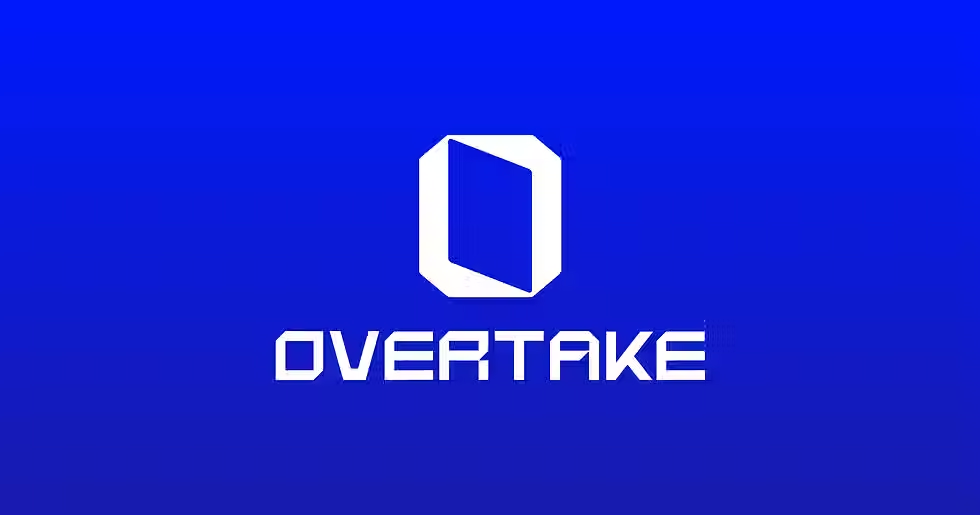Showdown Launches Closed Alpha on Solana for Skill-Based Wagering
- NFTrixie

- Oct 22, 2025
- 4 min read

The Next Frontier of Competitive Blockchain Gaming
A new wave of competitive play has just hit the blockchain games scene — and it’s called Showdown. Built on Solana, Showdown introduces a fresh concept that lets gamers bet on their own skills using $SOL or $USDC, creating a new kind of challenge that’s as thrilling as it is transparent.
Forget the days of watching others rake in rewards — Showdown puts the power (and profit potential) directly into players’ hands. Whether you’re dominating in Counter-Strike 2 or outsmarting rivals in Chess, every win now has real, on-chain value.
But there’s a catch — the closed alpha is invite-only, so access is limited to players with referral codes or those who make it through the official waitlist or Discord ticket system.
Betting on Yourself: Showdown’s Core Vision
What sets Showdown apart is its core principle — skill as an asset. It’s the first competitive gaming platform to enable real-time, head-to-head wagers based on actual gameplay outcomes in mainstream titles.
Unlike many blockchain projects that focus on building new games from scratch, Showdown takes a different route. It connects directly with the games players already love, starting with CS2 and Chess, and uses trustless smart contracts for payouts.
Players don’t just compete for fun — they compete for themselves. As one early tester proudly shared, they managed to earn 6 $SOL (around $1149) in just a few days during the alpha phase.
This blend of gaming, blockchain, and self-competition is what makes Showdown a true pioneer in skill-based Web3 gaming.
Two Worlds, One Vision: Solana Alpha and Monad Testnet
While the closed alpha currently runs on Solana, there’s another version available for the Monad community through monad.showdown.win.
This testnet version allows players to experience the platform’s competitive dynamics while the Solana mainnet alpha scales up. Both ecosystems share the same vision — to redefine competitive gaming with provable fairness, instant payouts, and community-driven competition.
Backed by Blockchain Giants
When a project like Showdown lands, people pay attention — especially when its backers include some of the biggest names in blockchain innovation.
The pre-seed round, announced on June 25, attracted investors such as:
Sreeram Kannan (Founder of EigenLayer)
Sandeep Nailwal (Co-Founder of Polygon)
Nick White (Co-Founder of Celestia)
Hersh Patel (Co-Founder of Opacity Network)
Arcanum Capital
ThreePointZero Ventures
NPC Group
Questbook
Their involvement signals strong confidence in Showdown’s potential to monetize skill, time, and effort without the delays or middlemen that plague traditional esports platforms.
Building the Showdown Ecosystem: From Tournaments to Clans
Showdown’s alpha might be closed, but its community impact is already spreading fast. The platform has hosted early tournaments featuring competitive CS2 teams from Southeast Asia, top chess grandmasters, and content creators who’ve turned matches into streamed entertainment.
In just a few months, the team has launched:
Automated prize pools and skill-based matches
Over 1000 CS2 skin giveaways
Clan formation tools for team-based play
Partnerships with 15+ gaming communities and colleges
Each tournament and community event reinforces Showdown’s mission — to turn competition into a form of income and make gaming more than just a pastime.
ZkTLS: Unlocking the Black Box of Closed Games
One of Showdown’s most impressive breakthroughs is its partnership with Opacity Network and the integration of ZkTLS, a cryptographic technology that verifies encrypted game data from closed-source titles.
What does that mean? Essentially, Showdown can now validate match results directly from HTTPS traffic — without needing internal APIs or direct game access.
This opens the door to supporting previously untouchable games like Fortnite, Valorant, PUBG, and Call of Duty: Black Ops 6 — all while keeping player data private and secure.
ZkTLS acts as a trust bridge between centralized games and decentralized competition, ensuring that skill-based betting remains fair and verifiable across all ecosystems.
How It Works: Connecting Through Opacity
To participate in ZkTLS-enabled matches, players simply log into the Opacity mobile app using their existing game profiles. The app then generates a secure OAuth token, which Showdown uses to verify matches and record outcomes on-chain.
This process ensures results are accurate, transparent, and tamper-proof, giving players confidence in every bet and every win.
The system is already being tested with Fortnite, confirming match results and kill counts in real-time. Wider public testing is expected to follow soon.
The Road Ahead: Expanding Titles and Features
With its foundation set, Showdown’s roadmap is packed with upgrades that will define the next generation of competitive blockchain games.
Upcoming developments include:
A mobile-first experience for seamless play and payouts
Creator and streamer tools for hosting tournaments
Enhanced clan systems for squad matches and leaderboards
Advanced anti-cheat frameworks to maintain integrity
Support for new game titles, including:
PUBG (in research)
Valorant (in R&D)
Call of Duty: Black Ops 7 (post-launch integration)
Apex Legends and League of Legends (technical feasibility studies)
Each new integration expands Showdown’s universe, transforming it into a cross-game competitive layer where skill, not luck, determines success.
Getting Access to the Alpha
Currently, entry remains invite-only. Players can gain access through:
A referral code from an existing user
The official waitlist
Or by opening a Discord ticket via showdown.win
As the team continues to test scalability, anti-cheat measures, and new features, the alpha will gradually open up to more players.
Final Thoughts: The Future of Play-to-Earn is Skill-to-Earn
Showdown isn’t just another addition to the blockchain gaming ecosystem — it’s a paradigm shift. By merging Web3 technology with mainstream esports titles, it transforms gaming skill into a measurable and monetizable asset.
As the alpha continues to evolve, one thing is clear: the future of competitive gaming isn’t about watching others play — it’s about betting on yourself and proving your worth.









Comments